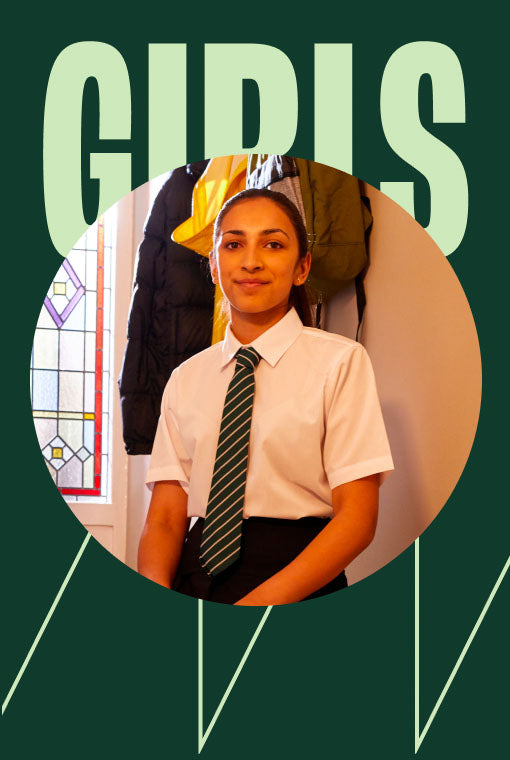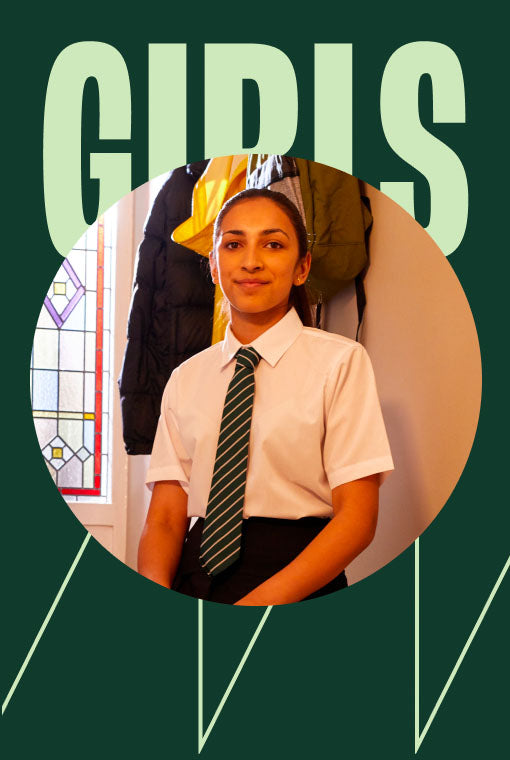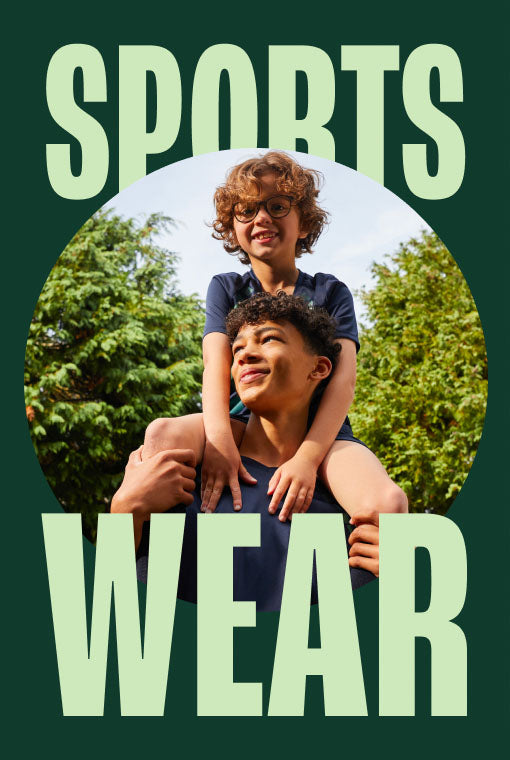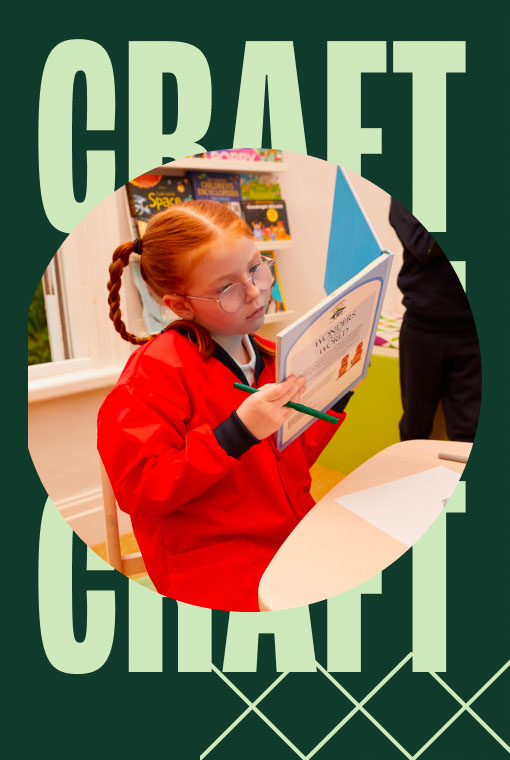St Mary Redcliffe and Temple School is a Church of England Voluntary Aided secondary school in Redcliffe, Bristol. In November 2016, two teachers, Mrs Clapson and Mrs Molnar, established the SMRT Eco Club. Their view was to raise awareness amongst students of the importance of environmentally friendly practices, such as recycling and disposing of their litter in the correct way, two simple steps that can make a big difference. Their aim was also to improve the school environment around them for all students, teachers and parents.
A member of the school’s Senior Leadership Team stated that “as adults, we have a responsibility to demonstrate environmentally friendly practices to the next generation” and The Mayor of Bristol, Marvin Rees, has called for a “measurably cleaner Bristol by 2020”. Motivated by these two thoughts, the organisers of the SMRT Eco Club believe that to teach children from a young age about the importance of our environment is key to achieving environmental goals. In July 2017, the Eco Club achieved a Gold Award in the Bristol in Bloom School Garden competition for their efforts in transforming a neglected area on the school site into a fantastic school garden.
We spoke to Helen Clapson who runs the SMRT Eco Club about the idea behind the initiative, their successes and what they hope to achieve in the future:
1. Why did you decide to start an Eco Club?
Set up in November 2016, The SMRT Eco Club has two aims: to support the Premises Staff in looking after our school building and playground and to raise awareness amongst students of “stewardship” or looking after what we have been given. One of our School Values is “I value respect” and this includes respect for our school premises and school resources.
2. Where did the idea come from?
The idea of a club came about because it seemed the easiest way to capitalise on the students’ enthusiasm for up-cycling, recycling and reducing waste. Bristol, named as a Green Capital in 2015, has a thriving eco-scene at primary level and we wanted to build upon this at secondary level, rather than lose it. The Club’s messages have spread and we now talk more about an “Eco Community” rather than an “Eco Club”. We feel that every member of the school community is part of our Eco Community, as long as their impact upon our environment is positive.
3. Have you had a positive response from others?
In the early days, we had to challenge some students who found the idea of litter patrol a “bit of joke”. However, through persistence and enthusiasm, we have definitely overcome this attitude. We now use our time on litter patrol to talk to the students, engage with them and thank them for being responsible with their litter and care of the site. We think this has given a voice to those students who do take the care of our resources seriously and they are now starting to challenge other students who perhaps drop litter accidentally. In fact, I would say that the response has been overwhelmingly positive from teachers, parents and students alike.
Our Senior Leadership Team has been brilliant in listening to the students’ ideas, sending through grant information and making subtle changes to the way school works for the benefit of the students and staff alike. The care of our resources runs through all aspects of school life, from the way we travel to school, use paper in our photocopiers and take care of our stationery in the classroom. It has added another dimension to how we educate our students and another aspect in which our students can excel.
4. Have the children been enthusiastic about taking part?
We don’t really need to recruit students to help us out. Even if they haven’t yet come along to a Thursday Eco Club lunchtime meeting, when we have needed people to help with the School Garden, given assemblies to school houses or talked to the students during lesson time, it's clear that the Club’s main aims are very well supported. We've made links with our local Redcliffe Gardening Club and they kindly organised a Christmas Wreath making activity and a Make a Bird Feeder session for our Club members. Our classroom was full of keen year 7's enjoying being creative and eco-caring. They also looked after our tomatoes during the summer holidays and we have just been invited to share the harvest with them! It is wonderful to get to know our neighbours!
5. What do the children get out of being in the Club?
The first things we bought for our Year 7's were some badges saying “Eco Warrior”, “Recycling Ranger” and “Litter Leader”. They wear these with pride on their David Luke blazers! One of the first treats was a special tour of the School Roof with our Premises Manager where some wonderful pictures were taken. Only a few people have had the chance to see the school from this angle! We also allow them to have an Eco Pass which allows them to go round the school during lunch breaks checking that the green paper recycling bins have not been contaminated with cardboard.
The children also benefit from special events and trips, such as our latest outing to the Bristol “BioBlitz” which was a first for our school and next week’s Eco Club picnic with the Redcliffe Garden Club. They also have special privileges in the School Garden and can work there quietly during lunch times.
6. What sort of events have you done so far?
Oh my goodness, the list is endless! We worked out how much power we could save if we all logged off at the end of a computer lesson and investigated where our photocopying paper comes from. We've researched the Consortium website to learn the true cost of our exercise books, glue sticks and scissors and have read all about David Luke using recycled plastics to make our school blazers!
In our School Garden, we have planted beans, cucumbers, peas and nasturtiums and organised a plant sale for our House Charity which raised £120 in one lunch break. We up-cycled catering tins used by the school canteen, preventing them from going to landfill and turned them into planters for the School Garden. It is here where we grow tomatoes and sweet peas and any flower that comes our way! The students created some amazing plastic up-cycling items such as rain gauges, bunny shaped plant containers and water bottles used as watering cans which we enjoyed judging.
We toured the local Redcliffe Gardening Club’s growing spaces at the end of term and are having a picnic with them in our local square to celebrate the community links we have made this year.
Working with a charity called “Living Streets”, we have encouraged year 7's to increase the amount of walking they do. With three prizes of £20 at stake, lots of students took part! We made contact with Bristol Waste, Sustainable Learning and the Incredible Edible Trail and learnt lot about the wider Bristol ecological picture. We hosted a “Green Event” in school for other schools to come to and listen to council leaders and other professionals and we have supported the Council’s campaign for a “measurably cleaner Bristol by 2020” by taking part in the Great British Spring Clean in March.
In school, we've done assemblies, designed notice boards and made up-cycled wind chimes for our partner school in Uganda. We have also instigated our first mini-recycling base in the year 7 house area. This gives students and staff somewhere to recycle their milk bottles, coffee jars and old calendars! On an ongoing basis, we also collect unwanted stationery for the Terracycle charity. The Eco Club regularly holds discussions surrounding the problem of plastics in school.
7. Do you have any events coming up?
We will be spreading the word about the school introducing plastic recycling which we view as a major achievement. We need to make this work from September onwards. Therefore, we will be thinking about recruiting new year 7's to the team and working with our new Head of House to keep the “eco flame” burning. In September, we are receiving training from the Learning Through Landscapes Charity to see how we can develop the biodiversity of the school site. This is in addition to receiving a £500 grant from this charity supported by the People’s Post Code lottery. We have chosen two new benches for the school playground where our students can sit in comfort. Finally, we will be purchasing some parasols for our picnic tables with money given to us by our school Enabling fund.
8. What have been your main successes since starting the Eco Club?
The greatest success for us is hearing students talk more about their resources and take an interest in what the Club is doing. It has become more “mainstream” to talk about reducing, recycling and conserving. Another success is seeing the students become more litter aware and using the bins more effectively. Small changes, such as looking behind you when you hear the bell and checking everything has been put away or using a bag to collect several bits of litter at once and then disposing of it in one go, have all helped to reduce the problem. These are little things we've noticed when doing our litter patrols and we share these ideas via the weekly school bulletins.
Getting the School Garden to a point where it can be entered into a competition and making contact with so many other like-minded individuals in Bristol has made my teaching year even more enriching than usual. In July, we achieved a Gold Award in the Bristol in Bloom competition for our efforts to transform a derelict area nearby into the fantastic school garden that it is today.
9. Do you have any advice for anyone who wants to set up a similar initiative?
Be convinced and be passionate! Don’t let the odd negative remark put you off! We believe that the students can only
benefit from an Eco Club, whether it be through future employment opportunities or building community links. The school can reinforce so many of its messages through such an initiative: respect for self, others, our planet, our future. So many of our activities complement the science and geography curriculum too! It might even save the school money through reduced rubbish costs, less vandalism and graffiti. You can even spice up lessons by introducing rewards for using “Eco-Rules”, such as not wasting paper, looking after your book, drinking enough water, taking a pride in your uniform.
10. What has been your biggest challenge?
We are always working on areas of improvement. There are systems in school you have to respect and go through and it can be a challenge waiting to hear if the Club’s ideas have been listened to. We’ve been lucky here at SMRT to have a responsive and enthusiastic leadership team.
11. What do you hope to see for the Eco Club in the future?
By the time our current year 7's are in year 11, we want to see plastic recycling well established in school, a zero tolerance to litter, a blossoming school garden growing healthy food used in our school canteen, continued links with our local community and above all, our students automatically embracing the SMRT Eco Club values of respect and care.
Take a look at other activities and achievements of the SMRT Eco Club at St Mary Redcliffe and Temple School. David Luke have donated craft aprons to the school to help keep students protected during their Eco tasks.
David Luke are partners of Eco-Schools England and work closely with them on various projects throughout the year. You can read about our partnership with Eco-Schools England and the work we do to reduce the impact on our environment.








